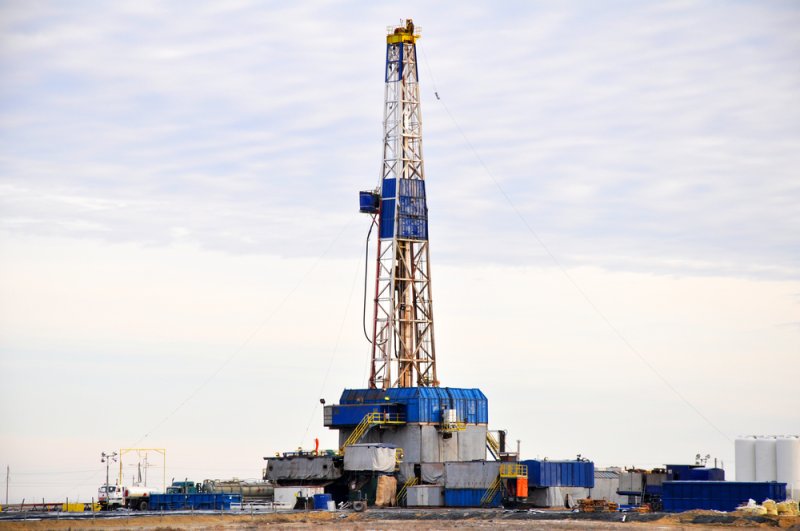 Hydraulic fracturing in Scotland could give the Edinburgh government some autonomy over the energy sector with few environmental impacts, a policy paper read.
Hydraulic fracturing in Scotland could give the Edinburgh government some autonomy over the energy sector with few environmental impacts, a policy paper read.
The Royal Society of Edinburgh, the premier scientific academy in Scotland, said the controversial drilling practice known also as fracking offers Scotland important options for onshore natural gas.
"Onshore production of unconventional gas would allow Scotland control over all regulation surrounding extraction and production," the paper read.
Fracking involves the use of water, abrasives and a trace amount of chemicals to coax oil and natural gas out of shale deposits. Critics argue the practice carries with it a significant amount of risk, ranging from an increase in minor earthquakes to contamination of regional water supplies.
The society's paper said the environmental impact of shale gas production is on par with conventional gas production, "although a degree of uncertainty is present."





 The Trump Administration has dismissed the scientists working on the country's flagship climate report, a move...
The Trump Administration has dismissed the scientists working on the country's flagship climate report, a move... On a hot day, there’s nothing quite like a refreshing drink of water. But how would...
On a hot day, there’s nothing quite like a refreshing drink of water. But how would... A severe weather outbreak was possible April 28 in the upper Midwest, forecasters warned, the first...
A severe weather outbreak was possible April 28 in the upper Midwest, forecasters warned, the first...






























